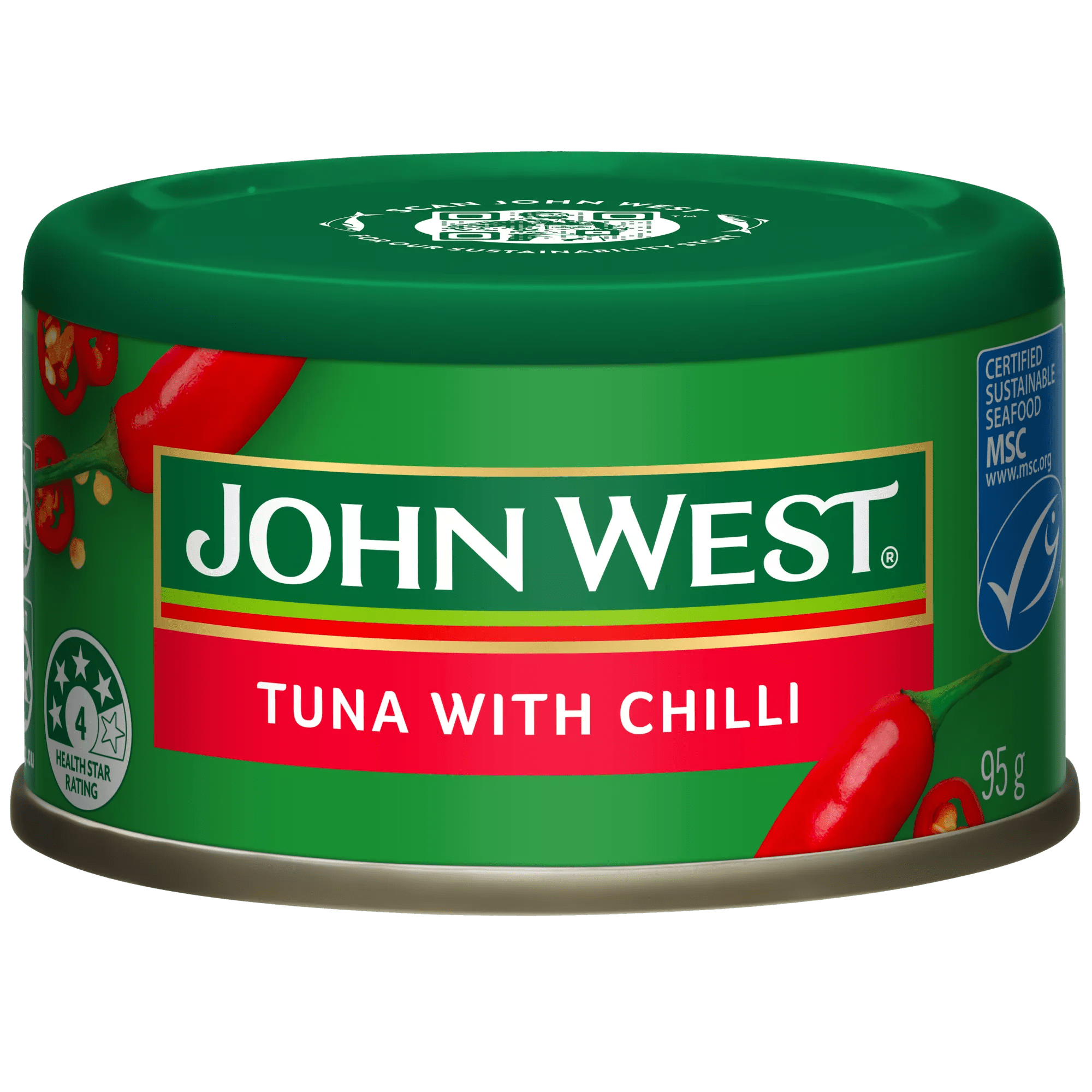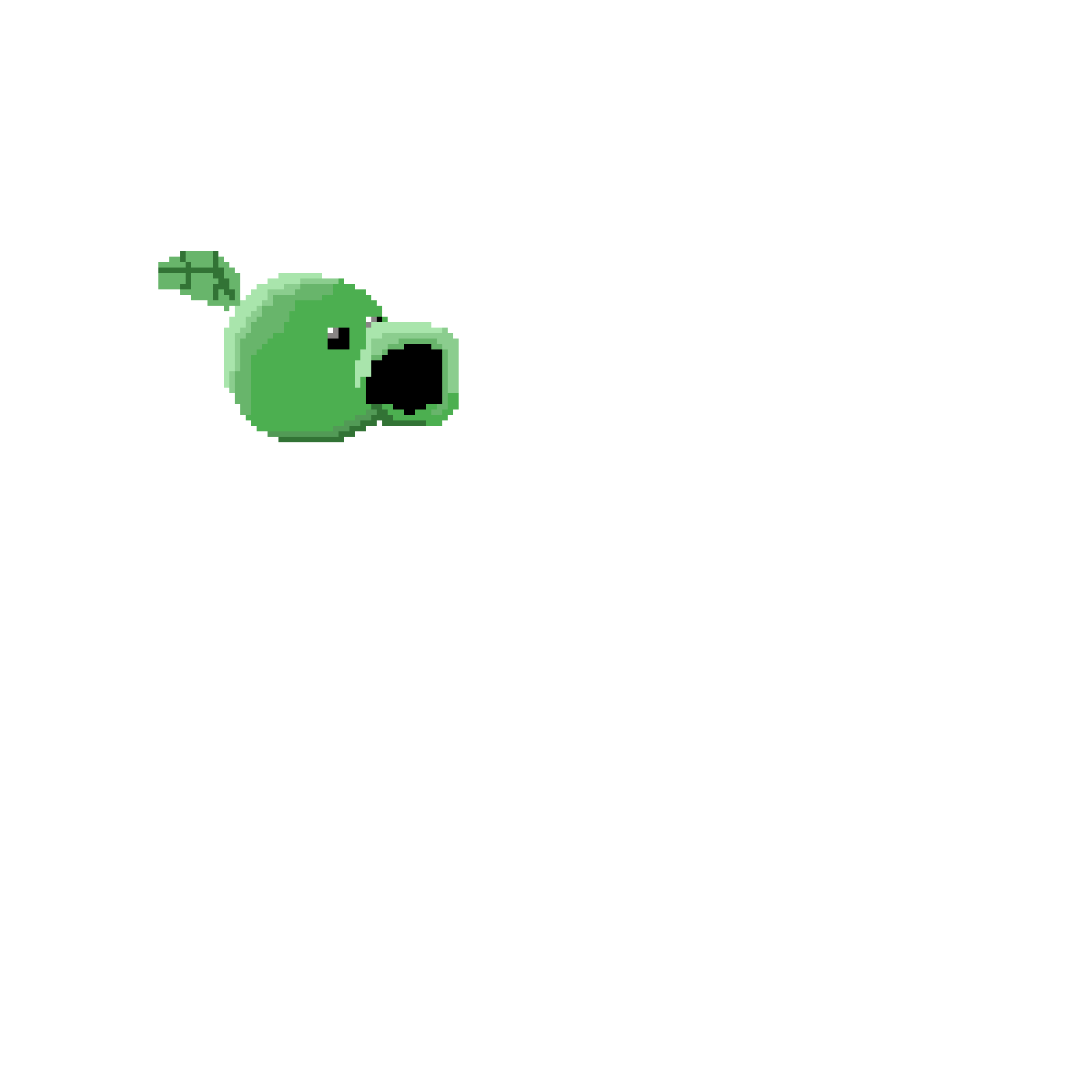These innovative diapers are crafted from plant-based materials, offering a sustainable alternative to traditional disposable diapers. As parents become increasingly aware of their environmental footprint, chick pea diapers provide a solution that is not only gentle on the planet but also safe and comfortable for babies. This article dives into the fascinating world of chick pea diapers, exploring their benefits, manufacturing process, and why they are gaining popularity among eco-conscious families. The growing demand for environmentally responsible products has led to the rise of sustainable baby care solutions, with chick pea diapers leading the way. Unlike conventional diapers, which can take centuries to decompose in landfills, chick pea diapers are designed to break down naturally, reducing waste and environmental harm. Their unique composition ensures they are free from harmful chemicals, making them a safer choice for babies with sensitive skin. Parents are increasingly drawn to these diapers for their dual promise of sustainability and comfort. In this article, we will explore the science behind chick pea diapers, their advantages over traditional options, and how they fit into a broader eco-friendly lifestyle. By the end of this read, you will have a comprehensive understanding of why chick pea diapers are becoming a go-to choice for modern parents. Let’s dive into the details and uncover how these innovative diapers are shaping the future of baby care.
Table of Contents
- What Are Chick Pea Diapers?
- How Are Chick Pea Diapers Made?
- Why Choose Chick Pea Diapers Over Traditional Options?
- Are Chick Pea Diapers Biodegradable?
- How Do Chick Pea Diapers Support Sustainability?
- Can Chick Pea Diapers Help with Baby Skin Sensitivity?
- What Are the Cost Implications of Chick Pea Diapers?
- Frequently Asked Questions About Chick Pea Diapers
What Are Chick Pea Diapers?
Chick pea diapers are a groundbreaking innovation in the baby care industry, designed to address the environmental and health concerns associated with traditional disposable diapers. These diapers are made from plant-based materials derived from chickpeas, which are not only renewable but also biodegradable. The primary goal of chick pea diapers is to provide a sustainable alternative that minimizes environmental impact while ensuring comfort and safety for babies.
Unlike conventional diapers that rely on synthetic materials like polypropylene and polyester, chick pea diapers use natural fibers that are gentle on the skin. These fibers are processed to create a soft, absorbent material that effectively manages moisture while maintaining breathability. The result is a diaper that performs as well as, if not better than, traditional options, without compromising the planet's health.
Read also:Juice Wrld Edits Exploring The Art Legacy And Creative Influence
Another key feature of chick pea diapers is their chemical-free composition. Many traditional diapers contain additives like fragrances, dyes, and chlorine, which can irritate a baby's sensitive skin. Chick pea diapers eliminate these harmful substances, making them an ideal choice for parents seeking a safer option. This innovative approach to diaper manufacturing is setting new standards in the industry, encouraging other brands to adopt more sustainable practices.
How Are Chick Pea Diapers Different from Cloth Diapers?
While both chick pea diapers and cloth diapers are eco-friendly options, they differ significantly in terms of convenience and functionality. Cloth diapers require frequent washing, which can consume water and energy, whereas chick pea diapers are disposable and designed to break down naturally after use. This makes them a practical choice for parents who want sustainability without the added effort of laundering.
How Are Chick Pea Diapers Made?
The production of chick pea diapers involves a meticulous process that combines advanced technology with sustainable practices. It begins with the extraction of natural fibers from chickpeas, a process that ensures the integrity of the plant's properties is preserved. These fibers are then processed into a soft, absorbent material that forms the core of the diaper. The manufacturing process is designed to be energy-efficient and waste-minimizing, aligning with the eco-friendly ethos of the product.
Once the fibers are ready, they are layered with other biodegradable materials to create the final product. The outer layer of the diaper is made from a breathable, plant-based film that allows air to circulate, reducing the risk of diaper rash. The inner layer, which comes into direct contact with the baby's skin, is crafted to be ultra-soft and hypoallergenic. This thoughtful design ensures that chick pea diapers provide maximum comfort while maintaining their eco-friendly credentials.
What Makes the Manufacturing Process Sustainable?
The sustainability of chick pea diapers lies in their production methods, which prioritize renewable resources and minimal environmental impact. The use of plant-based materials reduces reliance on fossil fuels, while the biodegradability of the product ensures it breaks down naturally after disposal. Additionally, the manufacturing facilities adhere to strict environmental standards, further reducing the carbon footprint of these diapers.
Are Renewable Resources Used in the Process?
Yes, renewable resources play a crucial role in the production of chick pea diapers. Chickpeas are a fast-growing crop that requires minimal water and pesticides, making them an ideal choice for sustainable manufacturing. By leveraging these renewable resources, chick pea diapers contribute to a circular economy that prioritizes environmental health.
Read also:Who Is Mackenzie Shirillas Mother Discover The Inspiring Story Behind Her Life
Why Choose Chick Pea Diapers Over Traditional Options?
Parents today have more choices than ever when it comes to baby care products, but chick pea diapers stand out for several reasons. First and foremost, they offer a sustainable solution that addresses the growing concern over plastic waste. Traditional diapers contribute significantly to landfill waste, with millions of tons discarded annually. Chick pea diapers, on the other hand, are designed to decompose naturally, reducing their environmental impact.
Another compelling reason to choose chick pea diapers is their superior comfort and safety. The natural fibers used in these diapers are free from harmful chemicals, making them ideal for babies with sensitive skin. They are also highly absorbent, ensuring that babies stay dry and comfortable for longer periods. This combination of comfort and safety makes chick pea diapers a preferred choice for health-conscious parents.
Are Chick Pea Diapers More Expensive Than Traditional Diapers?
While chick pea diapers may have a slightly higher upfront cost compared to traditional options, their long-term benefits often outweigh the price difference. The reduced risk of skin irritation and the environmental advantages make them a worthwhile investment for many families. Additionally, as demand for sustainable products grows, the cost of chick pea diapers is expected to become more competitive.
Are Chick Pea Diapers Biodegradable?
One of the most significant advantages of chick pea diapers is their biodegradability. Unlike traditional diapers, which can take hundreds of years to decompose, chick pea diapers are designed to break down naturally within a few months. This is achieved through the use of plant-based materials that are fully compostable under the right conditions.
The biodegradability of chick pea diapers is a game-changer for the environment. By choosing these diapers, parents can significantly reduce their contribution to landfill waste. Additionally, the decomposition process enriches the soil with organic matter, further supporting environmental health. This makes chick pea diapers a truly sustainable choice for eco-conscious families.
How Do Chick Pea Diapers Support Sustainability?
Chick pea diapers play a vital role in promoting sustainability by addressing two critical issues: waste reduction and resource conservation. Their biodegradable nature ensures that they do not contribute to the growing problem of plastic pollution, while their use of renewable resources minimizes the depletion of finite materials. By choosing chick pea diapers, parents are actively participating in the movement toward a more sustainable future.
Moreover, the production of chick pea diapers supports sustainable agriculture. Chickpeas are a low-impact crop that requires fewer resources to grow compared to other plants. By incorporating these crops into the manufacturing process, chick pea diapers help reduce the environmental burden of traditional farming practices. This holistic approach to sustainability makes chick pea diapers a standout choice for environmentally aware consumers.
Can Chick Pea Diapers Help with Baby Skin Sensitivity?
For parents of babies with sensitive skin, chick pea diapers offer a safe and effective solution. The natural fibers used in these diapers are free from harsh chemicals, fragrances, and dyes that can irritate delicate skin. This makes them an excellent choice for babies prone to diaper rash or other skin conditions.
Additionally, the breathable design of chick pea diapers helps maintain optimal skin health by allowing air to circulate freely. This reduces moisture buildup, which is a common cause of irritation. By prioritizing skin-friendly materials and design, chick pea diapers provide peace of mind for parents concerned about their baby's comfort and well-being.
What Are the Cost Implications of Chick Pea Diapers?
While chick pea diapers may have a higher initial cost compared to traditional options, their long-term benefits make them a cost-effective choice for many families. The reduced risk of skin irritation and the environmental advantages can lead to savings in healthcare and waste management costs. As the demand for sustainable products continues to grow, the price of chick pea diapers is expected to become more competitive, making them accessible to a wider audience.
Frequently Asked Questions About Chick Pea Diapers
Are Chick Pea Diapers Safe for Newborns?
Yes, chick pea diapers are completely safe for newborns. Their chemical-free composition and hypoallergenic properties make them an ideal choice for the delicate skin of infants.
How Long Do Chick Pea Diapers Take to Decompose?
Chick pea diapers typically decompose within a few months under compostable conditions, making them a highly sustainable option compared to traditional diapers.
Where Can I Purchase Chick Pea Diapers?
Chick pea diapers are available online through eco-friendly retailers and select baby care stores. For more information, visit Eco-Friendly Baby Products.
Conclusion
Chick pea diapers represent a significant step forward in sustainable baby care. With their eco-friendly composition, superior comfort, and skin-friendly properties, they offer a compelling alternative to traditional disposable diapers. By choosing chick pea diapers, parents can make a positive impact on the environment while ensuring the well-being of their children. As the demand for sustainable products continues to grow, chick pea diapers are poised to become a staple in eco-conscious households worldwide.

